Medicine Overview of Dicaltrol 0.25 0.25mcg Capsule
Dicaltrol 0.25 is the active form of Vitamin D. It increases the levels of Vitamin D in your blood which in turn raises calcium levels in the blood by helping in absorption of more calcium from your intestine. Thus, it is used in the treatment of calcium deficiency and postmenopausal osteoporosis. Dicaltrol 0.25 is given in women after menopause to strengthen weak bones. It helps in reducing the bone damage. It is administered as an injection. It is advised not to self administer the injection, it should be done by a healthcare professional. In case of injection site reactions such as pain, swelling or redness, kindly consult your doctor. Do not take any other form of Vitamin D along with this medicine without consultation of your doctor. Calcium supplements along with Vitamin D3 should only be taken with doctor’s advice. Drink plenty of fluids such as water to avoid feeling dehydrated. Avoid using antacids as it can cause difficulty for the medicine to absorb. Inform your doctor if you are pregnant. However, it is safe to use in breastfeeding mothers and liver disease patients. In case of kidney disease patients, dose adjustment is required. Caution is advised when consuming alcohol with Dicaltrol 0.25.
- Calcium deficiency
- Injection site reactions (pain, swelling, redness)
-
Do not take any other forms of Vitamin D unless your doctor suggests.
-
Take calcium supplements along with Vitamin D3 as suggested by your doctor.
-
Drink plenty of fluids (such as water) as it is important not to become dehydrated.
-
Avoid using antacids without your doctor’s advice. Some antacids can make it harder for your body to absorb calcitriol.
-
Consult your doctor if you notice a metallic taste in mouth, muscle or joint pain, headache or drowziness.
Adult: Capsule: The optimal daily dose of Calcitriol must be carefully determined for each patient on the basis of the serum calcium level. Calcitriol can be administered orally either 0.25 mcg or 0.50 mcg. Postmenopausal osteoporosis The recommended dosage is 0.25 mcg twice daily or 0.50 mcg once daily. Serum creatinine levels should be determined at 4 weeks, 3 and 6 months and 6 monthly intervals thereafter. Renal osteodystrophy (Dialysis patients) The recommended initial dose of Calcitriol is 0.25 mcg/day. Patients with normal or only slightly reduced serum calcium levels may respond to Calcitriol doses of 0.25 mcg every other day. Most patients undergoing hemodialysis respond to doses between 0.5 and 1 mcg/day. Hypoparathyroidism & Rickets The recommended initial dosage of Calcitriol is 0.25 mcg/day given in the morning. If a satisfactory response is not observed, the dose may be increased at 2 to 4 week intervals. Predialysis patients: The recommended initial dosage of Calcitriol is 0.25 mcg/day in adults. This dosage may be increased if necessary to 0.5 mcg/day. Injection The recommended intravenous initial dose of Calcitriol injection, depending on the severity of the hypocalcemia and/or secondary hyperparathyroidism, is 1 mcg (0.02 mcg/kg) to 2 mcg administered three times weekly, approximately every other day. Doses as small as 0.5 mcg and as large as 4 mcg three times weekly have been used as an initial dose. If a satisfactory response is not observed, the dose may be increased by 0.5 to 1 mcg at two to four week intervals.
Chronic Renal Dialysis Associated Hypocalcemia 0.25-2 mcg/day PO qDay Hypoparathyroidism/Pseudohypoparathyroidism <1 year: 0.04-0.08 mcg/kg PO qDay 1-5 years: 0.25-0.75 mcg PO qDay >6 years: 0.5-2 mcg PO qDay Familial Hypophosphatemia Initial: 0.015-0.02 mcg/kg PO qDay Maintenance: 0.03-0.06 mcg/kg PO qDay No more than 2 mcg PO qDay Secondary Hyperparathyroidism in Moderate to Severe Kidney Disease <3 years: 0.01-0.015 mcg/kg/day >3 years: 0.25 mcg/day PO; may increase to 0.5 mcg/day Hypocalcemia in Premature Infants 1 mcg qDay PO for 5 days
Idiopathic hypercalcaemia. Pediatric doses must be individualised and monitored under close medical supervision. Coronary disease, renal function impairment and arteriosclerosis, especially in the elderly. Hypoparathyroidism. Excessive dosage of Calcitriol induces hypercalcemia and in some instances hypercalciuria; therefore, early in treatment during dosage adjustment, serum calcium should be determined twice weekly. Patients with normal renal function who are taking Calcitriol should avoid dehydration. Adequate fluid intake should be maintained. Lactation: Enters breast milk; not recommended
Pregnancy category: C Lactation: Enters breast milk; not recommended

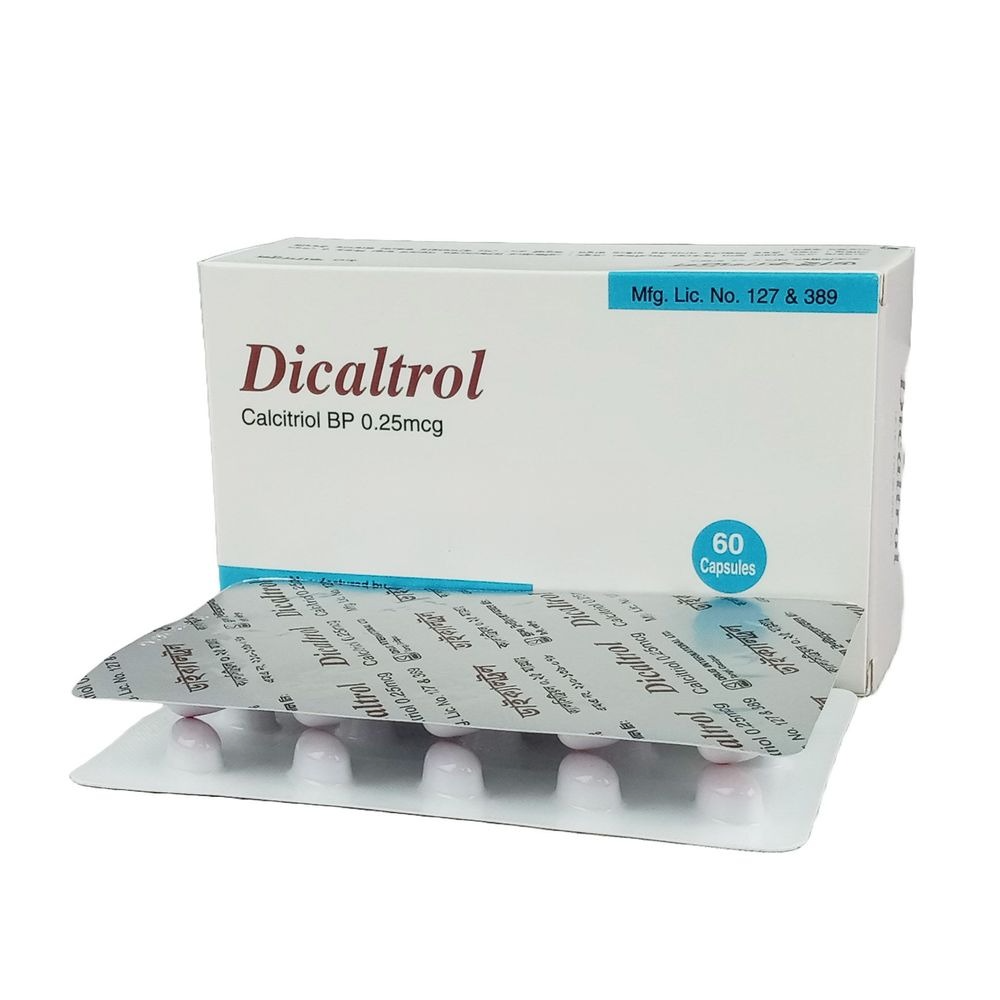
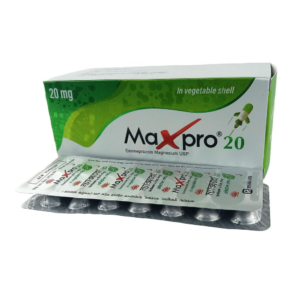
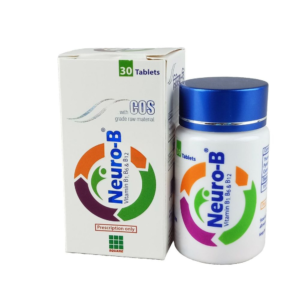
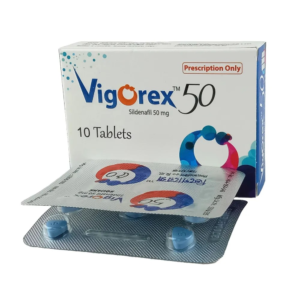
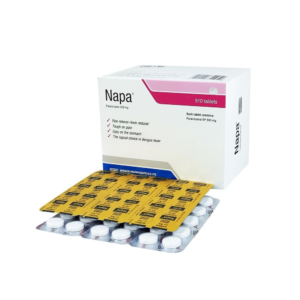
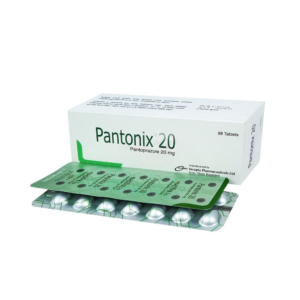
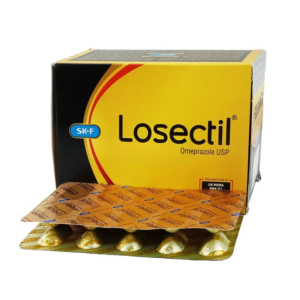
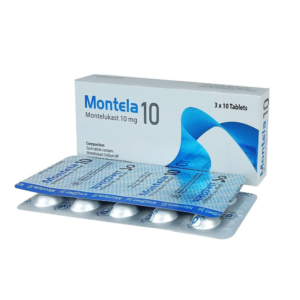
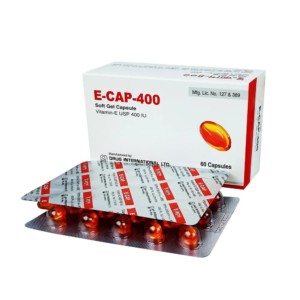


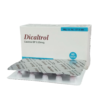
Reviews
There are no reviews yet.